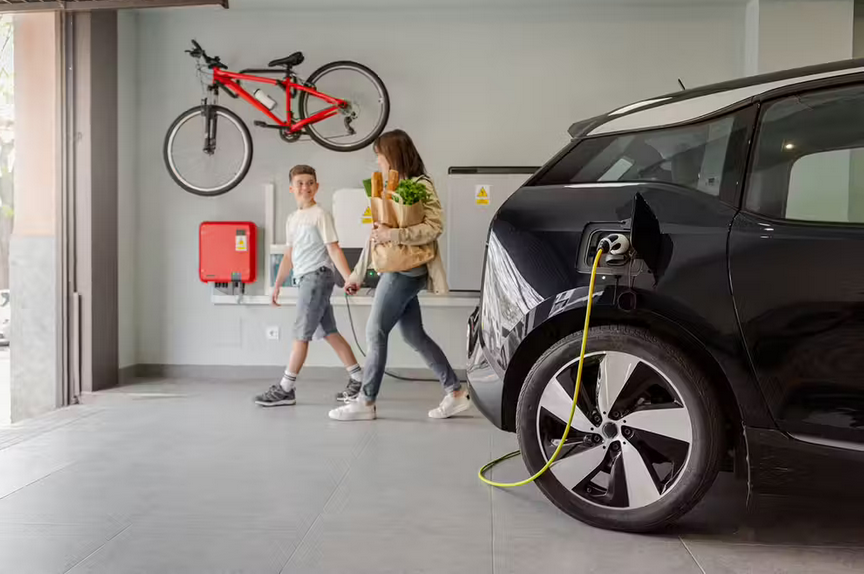5 Factors Influencing the Cost of Charging Electric Cars at Home
How much does an electric car increase your electric bill? Well, that depends on several key factors:
1. Electricity Rates
Electricity rates can vary significantly by region, time of day, and the energy plan you have with your utility provider. On average, residential electricity rates in the U.S. range from $0.10 to $0.30 per kilowatt-hour (kWh).
2. Battery Capacity of the EV
The size of the battery in your electric car determines how much electricity is needed for a full charge. Smaller EVs may have batteries that range from 30-40 kWh, while larger models or long-range EVs can exceed 100 kWh. The larger the battery, the higher the cost to fully charge, even with the same electricity rates.
3. Charging Efficiency and Equipment
Charging an EV at home is not 100% efficient. Energy is lost during the process, and that can increase the overall cost. Home charging equipment, such as Level 1 and Level 2 chargers, also influence energy consumption, with Level 1 chargers being less efficient, often leading to higher energy usage. Level 2 chargers, on the other hand, are more efficient and can complete a charge faster, potentially lowering the incremental cost.
Example Cost Calculations
To illustrate how much charging at home might cost, let’s consider a typical scenario. Suppose you own an electric car with a 60 kWh battery and live in an area where the average electricity rate is $0.15 per kWh. The cost to fully charge your vehicle would be: 60 kWh x $0.15/kWh = $9.00
In this example, charging your car three times a week would add approximately $108 to your monthly electric bill.
4. Reducing Charging Costs
Although various factors can increase your electric car electric bill, there are effective strategies to manage and potentially lower these costs.
- Time-of-Use (TOU) Plans: Some utility providers offer TOU plans, under which electricity is cheaper during off-peak hours, particularly overnight.
- Energy-Efficient Chargers: Investing in a Level 2 charger can improve charging efficiency and potentially lower overall costs.
- Home Energy Upgrades: Enhancing your home’s energy efficiency with solar panels or energy-efficient appliances can offset the additional electricity consumption.
Does Charging Your Car at Home Increase Your Electricity Bil?
Yes, charging an electric car at home can increase your electricity bill, that’s an inevitable fact. However, the overall cost can depend on several factors such as electricity rate, battery capacity of your vehicle, and the type of charging equipment used. By understanding these elements, you can better estimate your monthly expenses and find ways to save.
Contact Quick Electricity today to explore and compare energy plans that best suit your home or business needs.


Leave a Reply
Want to join the discussion?Feel free to contribute!